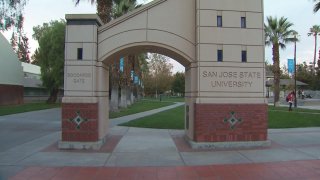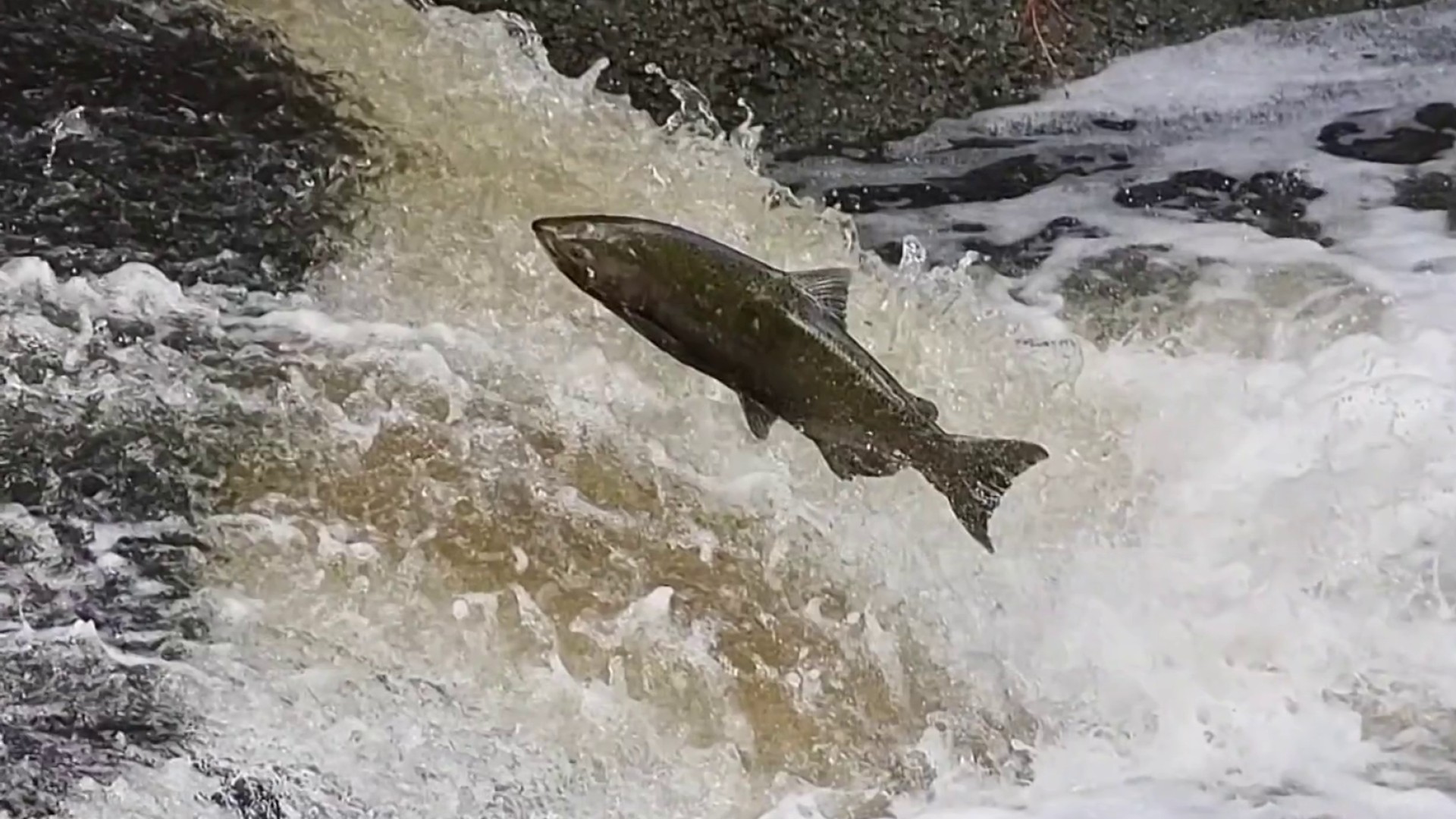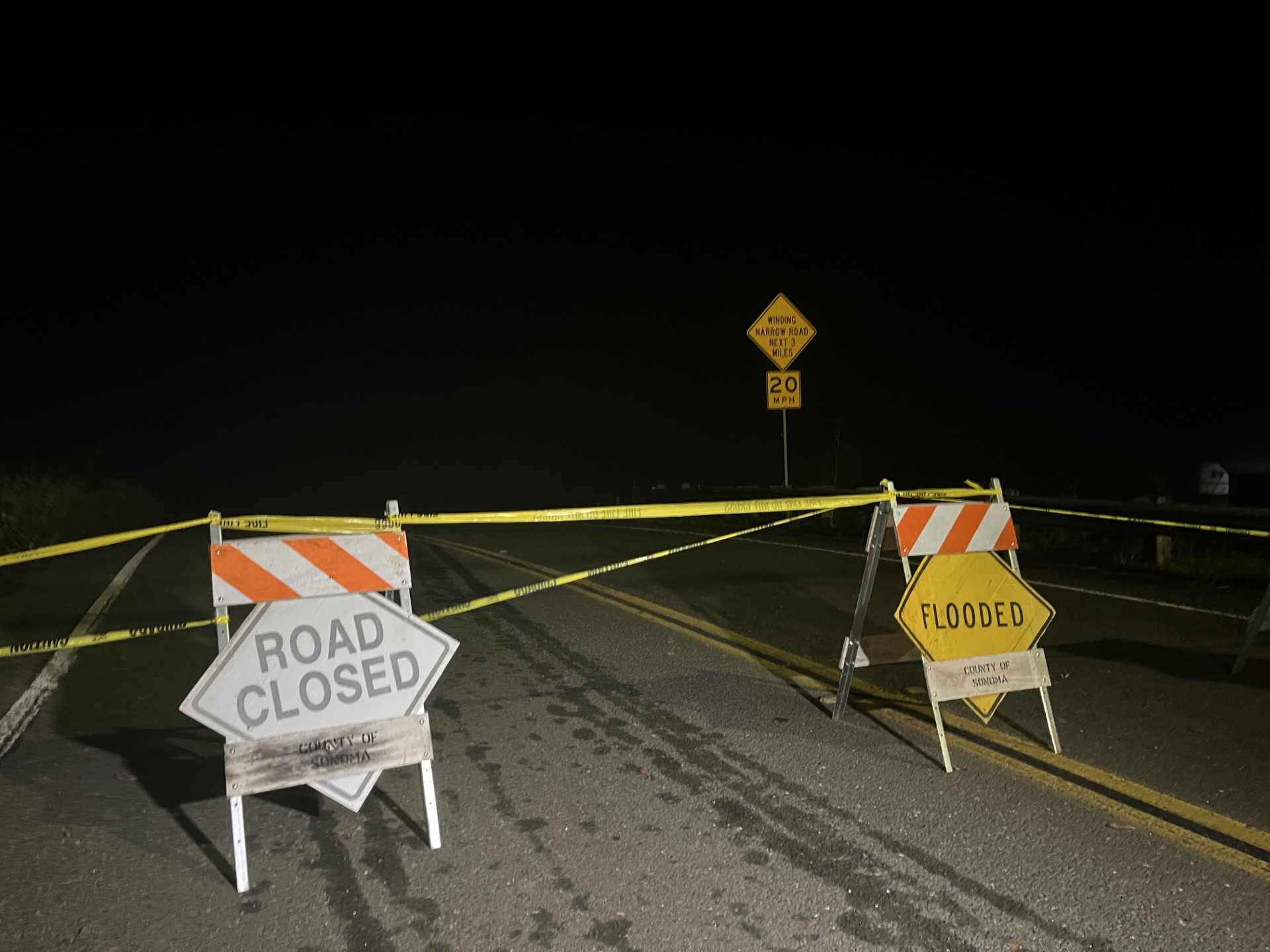
The president of San Jose State University announced her resignation Thursday after the university agreed last month to pay $1.6 million to 13 female student-athletes whose complaints about being sexually assaulted by an athletic trainer were mishandled.
Mary Papazian, who served as the university's president since July 1, 2016, will step down at the end of the fall semester on Dec. 21, officials announced Thursday.
Federal prosecutors found that the university failed to adequately respond to reports of sexual harassment and assault that started in 2009, exposing additional student-athletes to harm for more than a decade.
Scott Shaw, San Jose State's former director of sports medicine, resigned last year after allegations resurfaced in news media reports accusing him of inappropriately touching swimmers during physical therapy from 2006 to 2009. He has denied misconduct, and no criminal charges have been filed against him.
Investigators identified 23 student-athletes who they said were inappropriately touched by Shaw, but of those, only 13 have accepted $125,000 each in the settlement that was announced on Sept. 21.
Shaw's attorney, Lori Jeanne Costanzo, didn't immediately return an email seeking comment.
Federal investigators also found the university retaliated against two employees, including one who repeatedly alerted school officials about the trainer.
Local
Female swimmers said Shaw subjected them to repeated, unwelcome sexual touching of their breasts, groins, buttocks and pubic areas during treatment in the campus training facilities, federal prosecutors said.
"The health and safety of the SJSU campus community remains a priority for me and our university," Papazian wrote in a letter to the campus community announcing her resignation.
Get a weekly recap of the latest San Francisco Bay Area housing news. Sign up for NBC Bay Area’s Housing Deconstructed newsletter.
She said she will continue to participate in the investigations into Shaw.
"This transition does not impact our intention and obligation to understand what occurred and how the university responded at the time," Papazian said.



